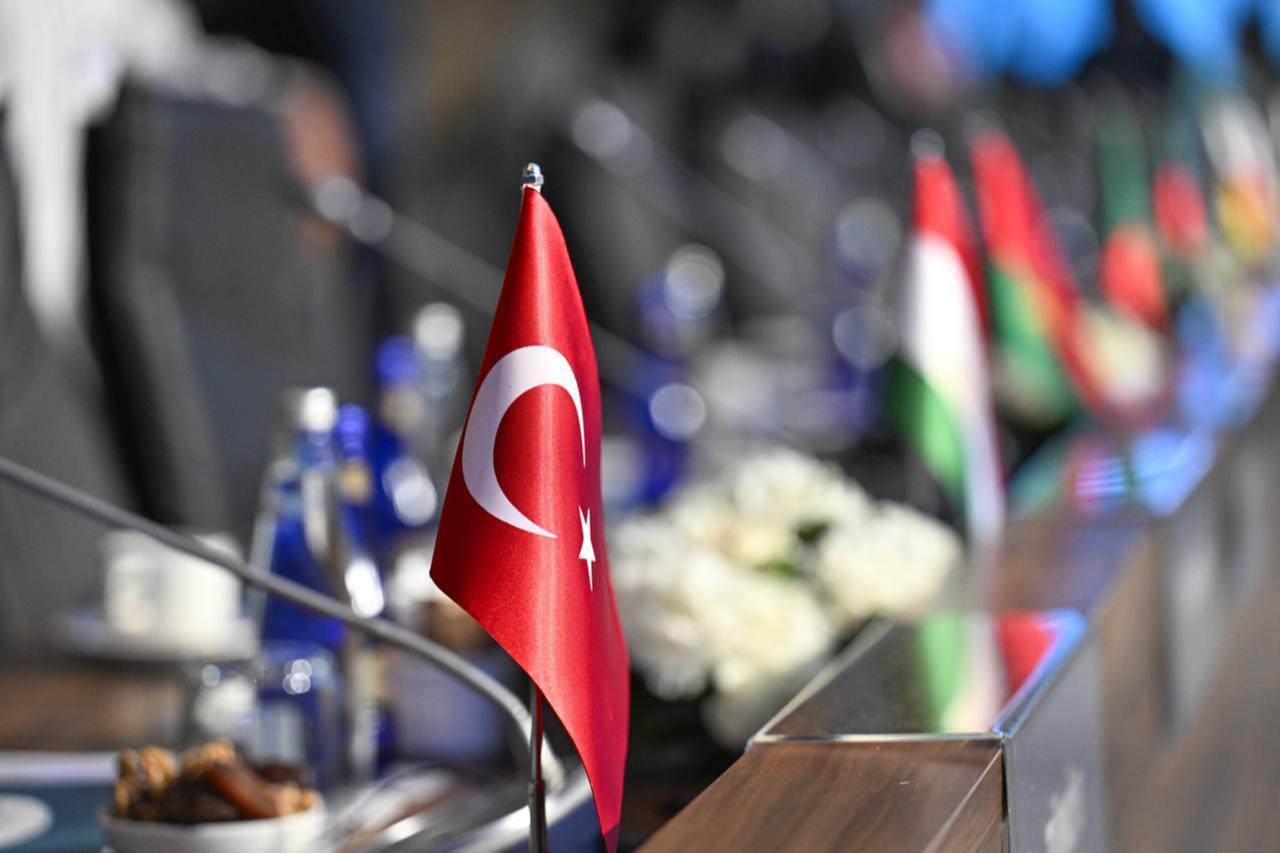
Türkiye submitted its formal notification to join The Hague Group's Bogota Joint Declaration on July 25, endorsing six measures against Israel including arms embargo commitments and support for International Criminal Court warrants.
The Turkish Foreign Ministry sent a note to Colombia's Foreign Ministry with a reservation regarding references to the United Nations Convention on the Law of the Sea (UNCLOS), maintaining its existing legal position on the 1982 treaty.
Türkiye becomes the first nation to sign on to the commitments since the Bogota Emergency Conference on Palestine held July 15-16, where 30 participating states agreed on the need to end what they called an "era of impunity."
"Children are not only dying from bombings, but also from starvation. This is a man-made humanitarian disaster pointing to a moral and systemic collapse. Israel is inventing genocide in the 21st century," Turkish Deputy Foreign Minister Nuh Yilmaz said in a statement shared with Middle East Eye on Tuesday.
"It is evident that under its current course, Israel will not stop its genocidal attacks," Yilmaz added. "We support the Hague Group's righteous call for upholding international law and announcing measures against Israel for its violations."
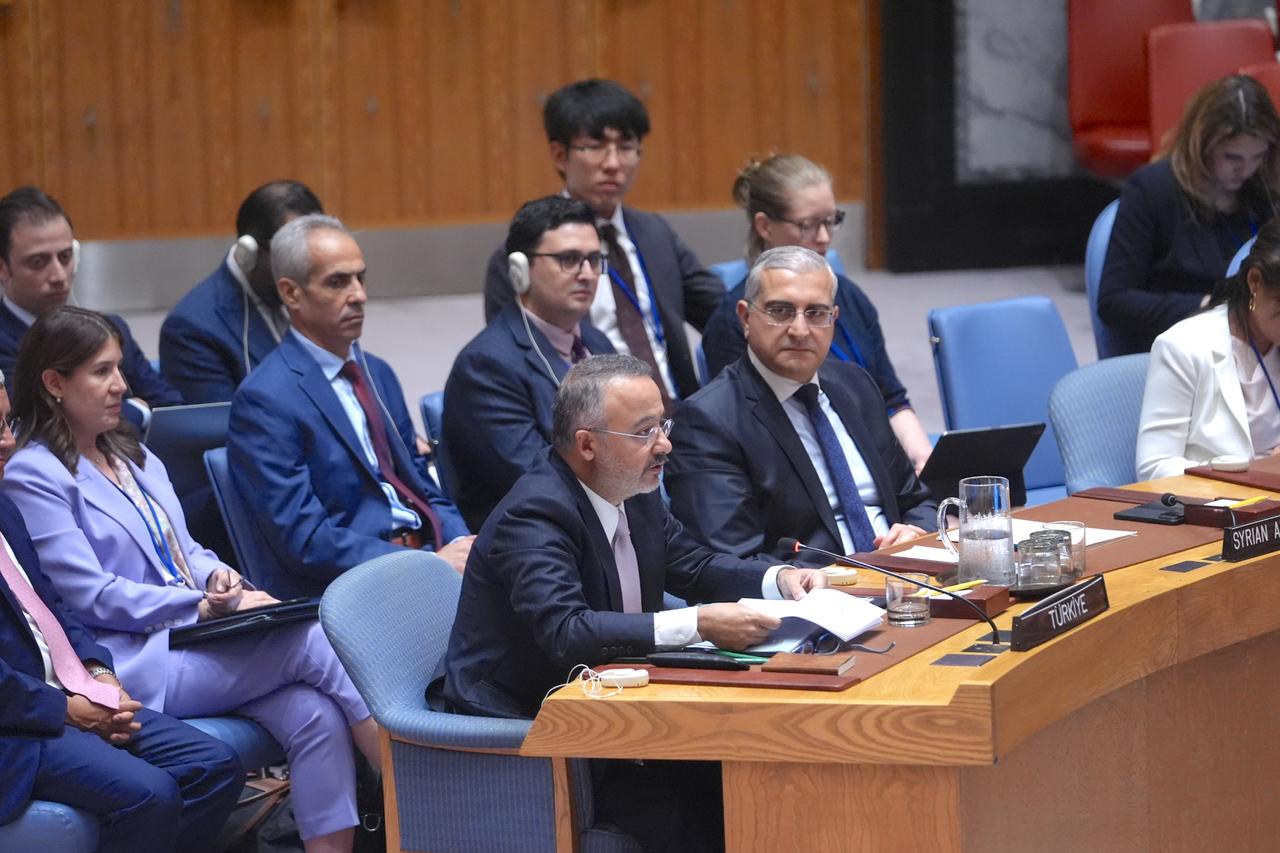
The measures Türkiye has committed to include:
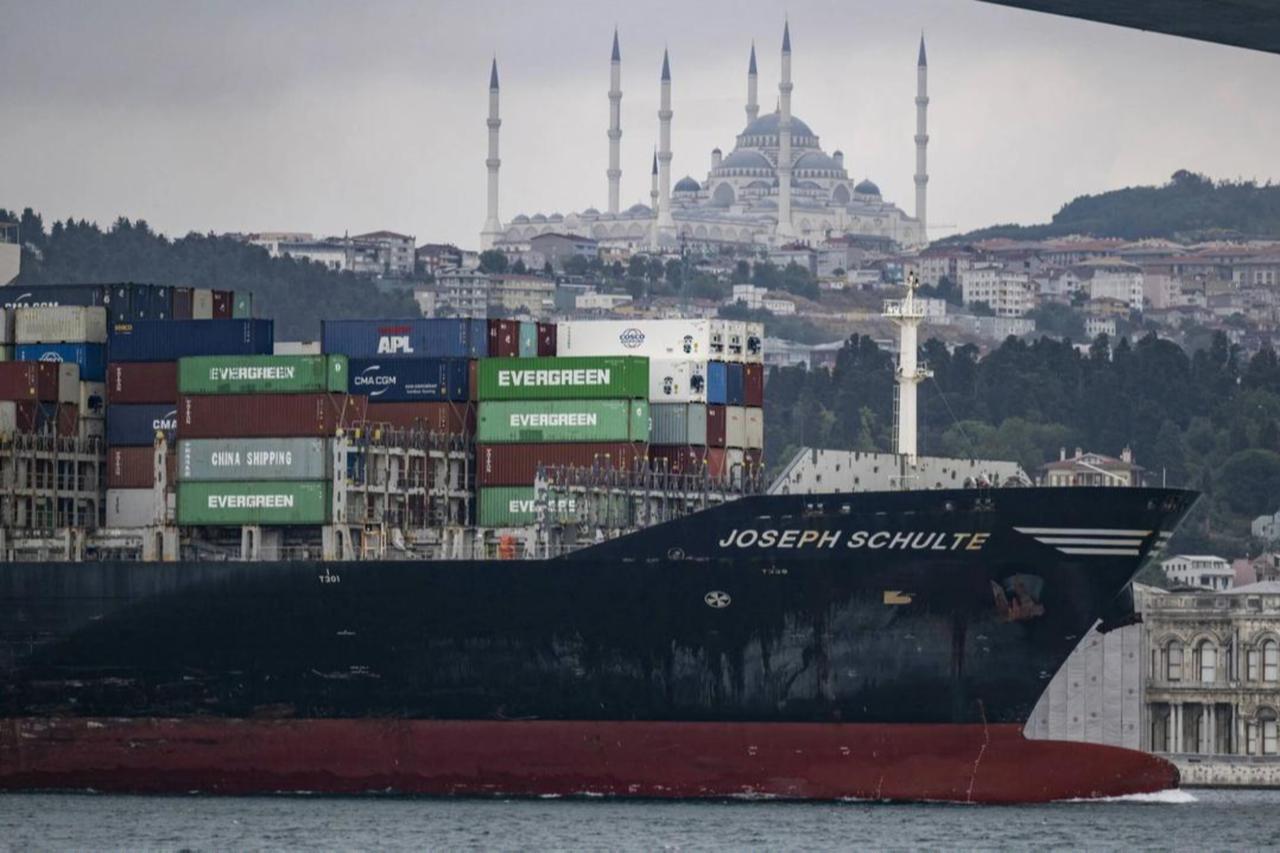
Türkiye's reservation specifically addresses Articles 2 and 3 of the Bogota Declaration, which reference UNCLOS in relation to preventing weapons transit through territorial waters and ports.
According to The Hague Group's official website, Türkiye clarified that its participation in the Joint Declaration "will not result in any change in its existing legal position regarding UNCLOS."
Foreign Minister Hakan Fidan explained the reservation in a July 25 interview with Turkish media outlet NTV, noting that the declaration's signing deadline is Sept. 30 and that Türkiye cannot be party to UNCLOS due to unresolved status issues in the Aegean Sea.
"We consulted with international lawyers, placed the necessary reservation, and see no problem in recognizing the declaration with the reservation," Fidan said.
Türkiye maintains consistent objections to UNCLOS provisions, particularly Article 3 on territorial waters width, Article 33 on contiguous zones, and Article 121 on island regimes, which it views as contrary to its rights and interests in the Aegean Sea.
If UNCLOS were applied in the Aegean, Greece could potentially extend its territorial waters to 12 nautical miles, covering 70% of the sea area.
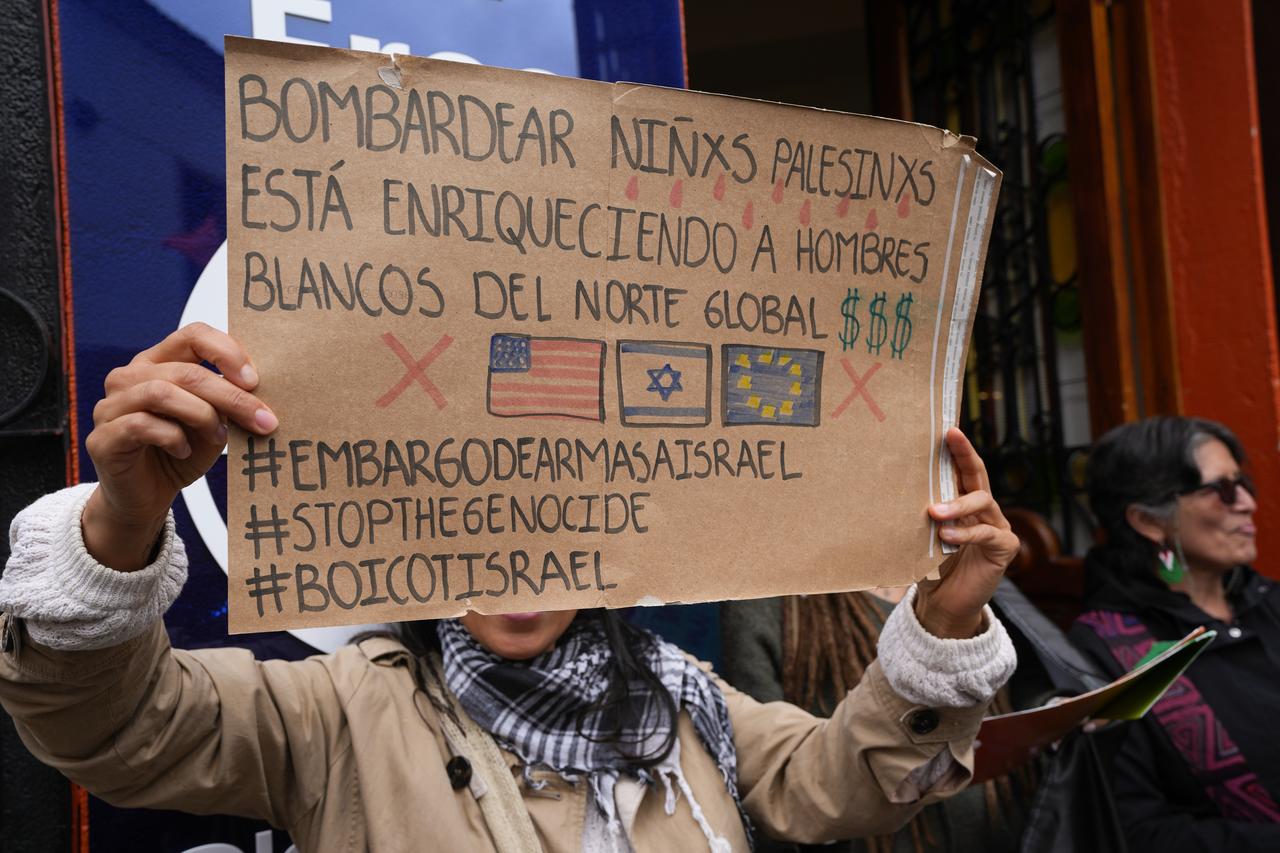
The Hague Group consists of eight states: Bolivia, Colombia, Cuba, Honduras, Malaysia, Namibia, Senegal and South Africa. It was launched Jan. 31 in The Hague with the stated goal of holding Israel accountable under international law.
Twelve states committed to implementing the measures immediately at the Bogota summit: Bolivia, Colombia, Cuba, Indonesia, Iraq, Libya, Malaysia, Namibia, Nicaragua, Oman, Saint Vincent and the Grenadines, and South Africa.
"The steps taken by Türkiye today are a powerful affirmation that international law must be enforced, not merely referenced. We invite others to follow suit before the September deadline, to end impunity and defend humanity," said Varsha Gandikota-Nellutla, executive secretary of The Hague Group.
South African Minister for International Relations Ronald Lamola welcomed Türkiye's decision: "This is a welcome development to strengthen and continue the fight against injustice and ensure accountability."
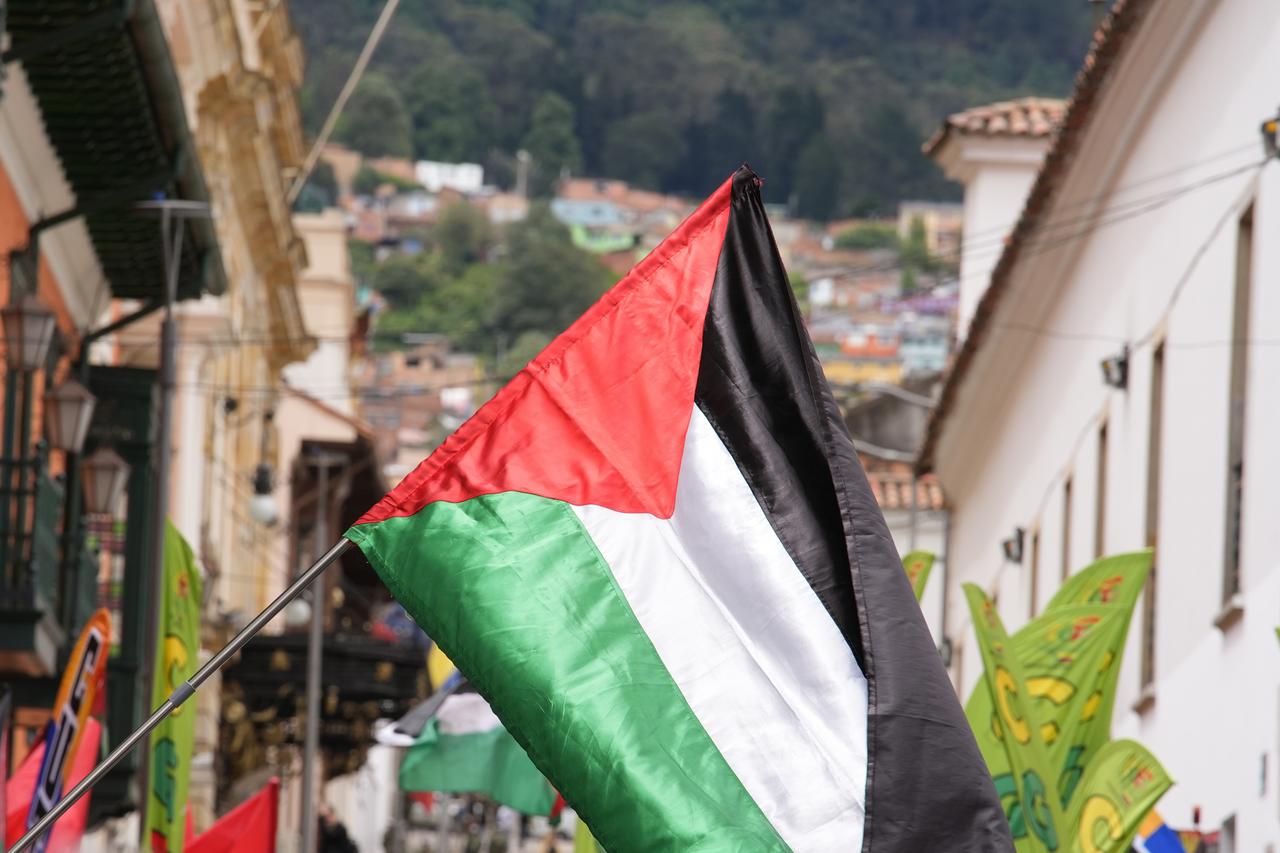
The moves come as international scrutiny intensifies over conditions in Gaza. According to the Palestinian Health Ministry, the overall death toll has topped 60,000 people, with almost 150 Palestinians dying of malnutrition since October 2023.
On Tuesday, the world's top hunger monitor said the "worst-case scenario of famine" is unfolding in Gaza due to starvation and siege.
Yilmaz emphasized Türkiye's calls for "unhindered humanitarian aid flow to Gaza, as well as a coordinated reconstruction process led by Palestinians, and, finally, a concrete roadmap toward a just and lasting peace based on the two-state vision."
"We should not ignore Israel's continuing aggression and violations in the West Bank. This is what can be called deepening the colonisation," he added. "The recent declaration, adopted by the Israeli parliament, openly calling for the extension of Israeli sovereignty over the West Bank, is a dangerous step."